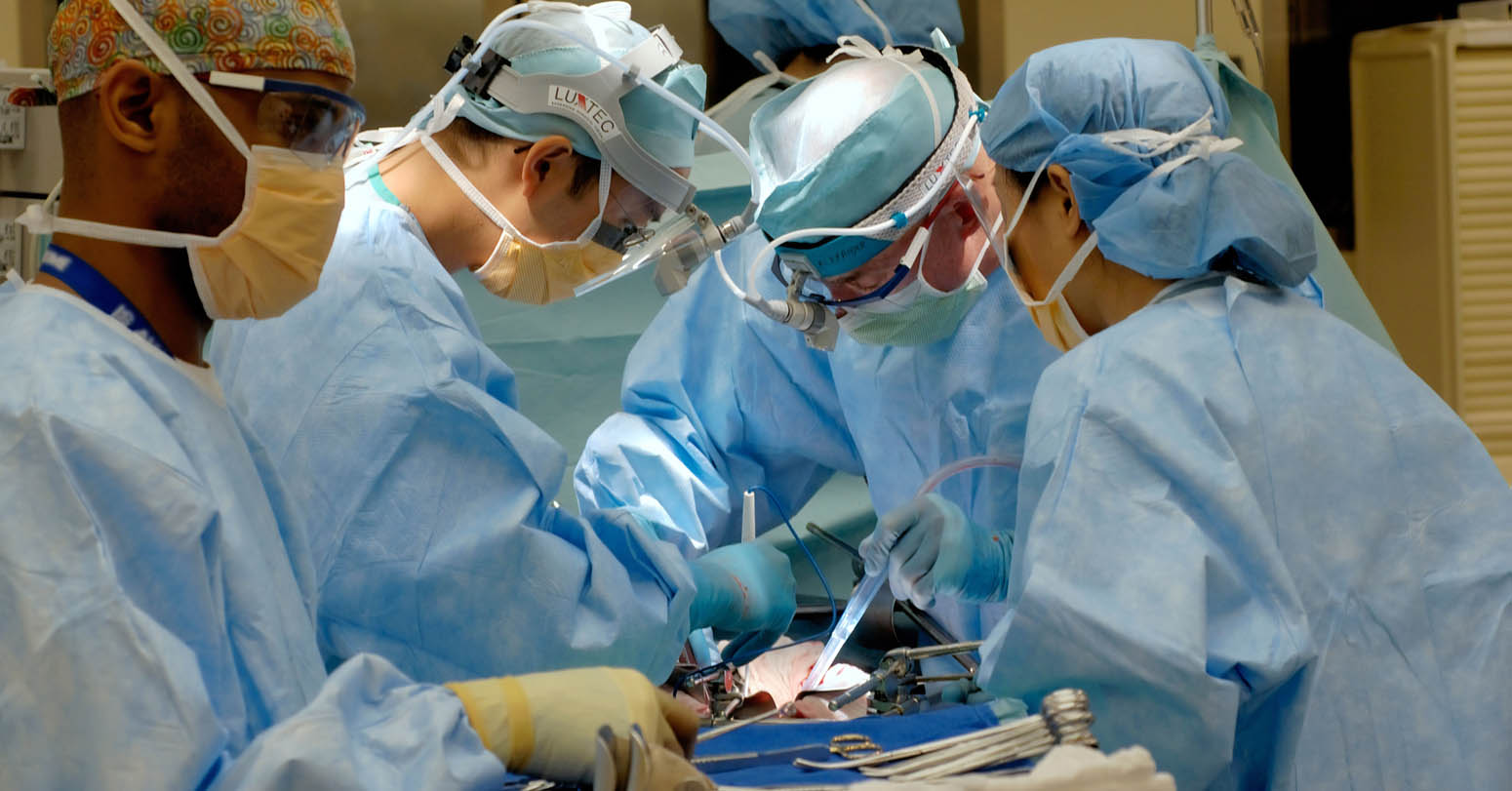A device "the size of a dinner plate" was left in the abdomen of a woman in New Zealand after she gave birth via a Caesarean in an Auckland hospital.
The Alexis wound retractor - a soft tubal instrument used to hold open surgical wounds - was only removed 18 months after her delivery.
During this time, the woman endured severe pains and made several doctor trips before it was found on a CT scan.
Health regulators said the public hospital system had failed the patient.
Initially, district health authorities Te Whatu Ora Auckland had argued that they had not failed to exercise reasonable care and skill.
But New Zealand's Health and Disability Commissioner disagreed, in findings released on Monday.
"It is self-evident that the care provided fell below the appropriate standard, because the [retractor] was not identified during any routine surgical checks, resulting in it being left inside the woman's abdomen," Morag McDowell said.
"Staff involved have no explanation for how the retractor ended up in the abdominal cavity, or why it was not identified prior to closure," she said.
The Alexis wound retractor is a large object made of transparent plastic fixed on two rings. Typically it is removed after the uterine incision is closed in a C-section operation and before the skin is stitched up.
Because it is a "non radio-opaque" item, it could not be detected in X-ray scans.
The team at the Auckland City Hospital that had attended to the woman had replaced the first Alexis wound retractor they used with a larger one. It was this second retractor that was left in the woman's abdomen.
The Commissioner noted it was the second time in two years that a device had been left in an Auckland hospitals' patient.
The hospital should have had effective protocols in place, Ms McDowell said.
"The woman experienced episodes of pain over a significant period of time following her surgery until the [retractor] was removed in 2021. I accept her concerns regarding the impact this had on her health and wellbeing and that of her family," she said.
The woman, in her 20s, visited her GP several times in the 18 months after she gave birth in 2020 - and even went to the hospital's emergency department on one occasion because of the pain. She has not been named to protect her privacy.
Ms McDowell said she was "disappointed", given that the same hospital system had already breached patient rights in 2018, after it left a swab in a woman's abdomen post-surgery.
Following that incident, the board said it would mandate that all surgical staff adhere to its "count policy", which is supposed to ensure that staff involved in surgeries account for all items used during each procedure.
But some surgeons had not even read the policy at the time of the woman's operation, the Commissioner said. Alexis wound retractors were also not included in surgical counts at the time.
A nurse at the hospital told investigators this may be because half of the retractor, when used, remains outside the patient and "so it would not be at risk of being retained". It's unclear how in this instance the device ended up fully inside the woman.
Those present at the woman's operation included a surgeon, a senior registrar, four nurses, two anaesthetists, two anaesthetic technicians, and a theatre midwife.
Te Whatu Ora Group's director of operations for Auckland Mike Shepard has issued an apology to the patient.
"We have reviewed the patient's care and this has resulted in improvements to our systems and processes which will reduce the chance of similar incidents happening again," he said.
"We would like to assure the public that incidents like these are extremely rare, and we remain confident in the quality of our surgical and maternity care," he said.
The current state of the woman's health is unknown from the report although the Commissioner did not report any lingering harm. Her case is now being reviewed by lawyers to see if any further action, such as disciplinary charges, should be taken.
-BBC





















Comprehensive Data Protection Law Critically
Gender Differences In Mental Healthcare
Messi Wins Best FIFA Men’s
Erosion of Democracy
Fly Dubai Catches Fire in
“Complexities of the South Asian